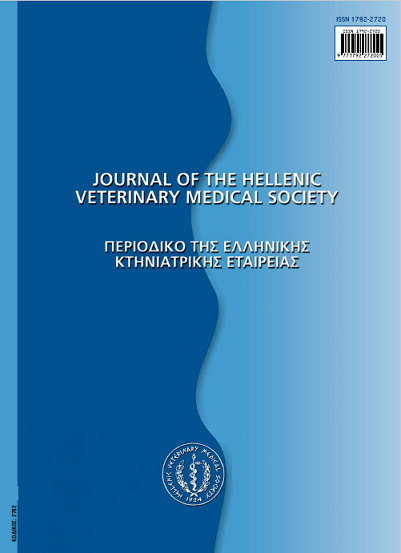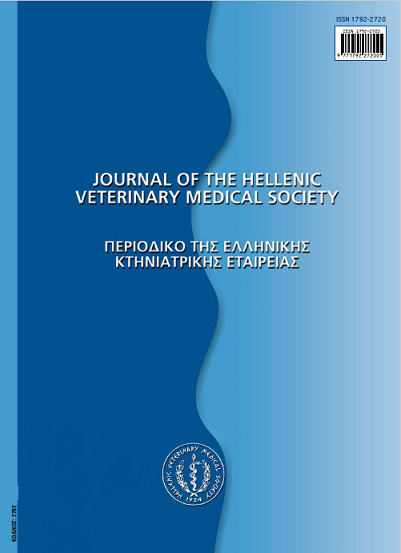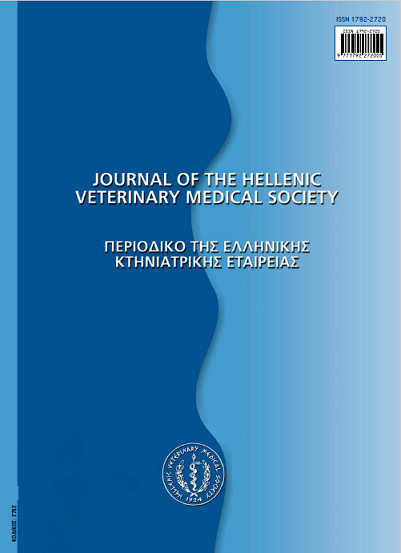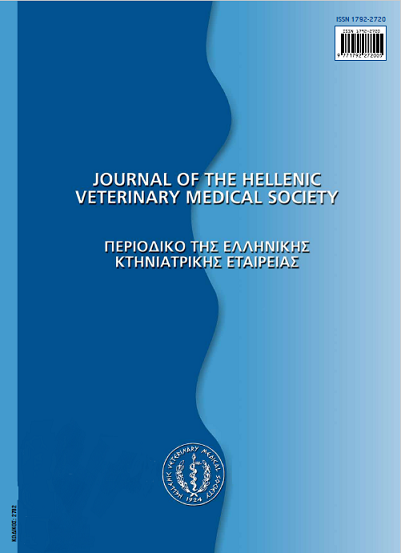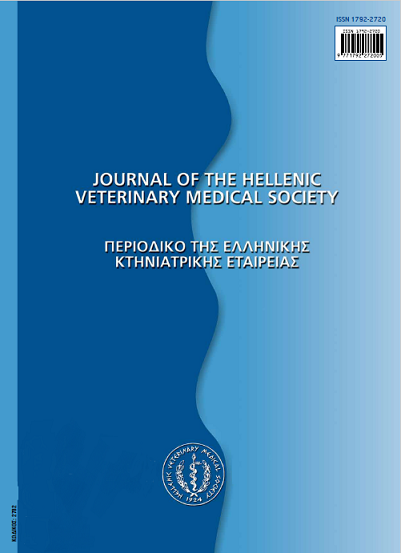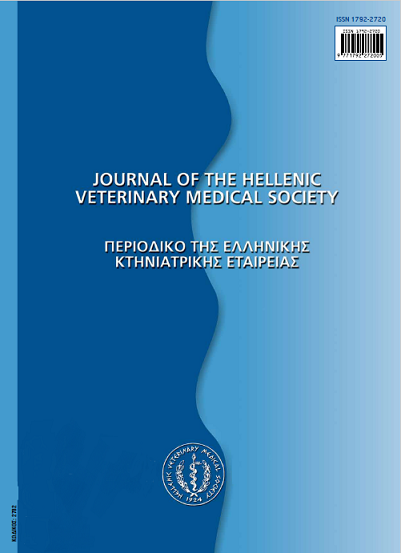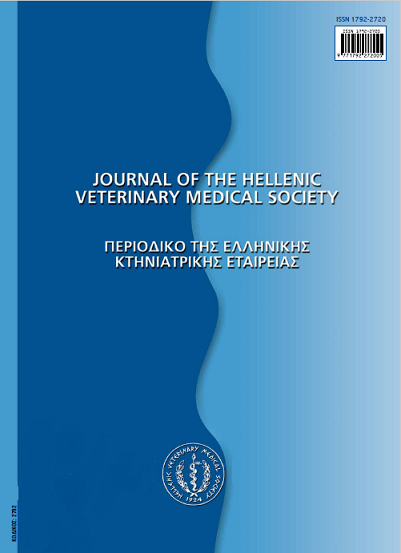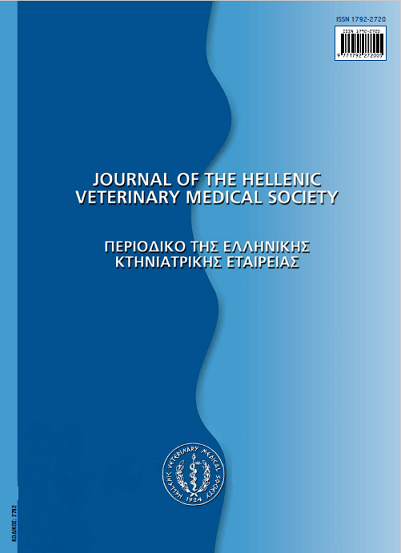The diagnostic significance of cardiac biomarkers in veterinary medicine
Résumé
Cardiac biomarkers are a group of proteins that have been extensively studied in human and veterinary medicine during the past decades, regarding their diagnostic and prognostic importance in heart disease. Moreover, cardiac biomarkers have been evaluated for their efficacy in the assessment of clinical staging of heart disease, risk stratification of patients, selection of therapeutic regimens and prognosis of cases. Cardiac biomarkers are broadly classified, according to their role in the pathophysiology of heart failure, into markers of myocardial injury (cardiac troponins, creatine kinase MB isoenzyme), myocyte stress (natriuretic peptides), inflammation (acute phase proteins), cardiac remodelling (matrix metalloproteinases), neurohormonal and endothelial dysfunction (endothelin, aldosterone, rennin, norepinephrine). It is unlikely that all of the aforementioned biomarkers will eventually be applied in clinical practice. Nevertheless, some of them (cardiac troponins, natriuretic peptides) have already been available commercially and established as part of the diagnostic investigation in heart disease. This review article focuses on the role of both established and potential cardiac biomarkers in veterinary medicine.
Article Details
- Comment citer
-
POLIZOPOULOU (Ζ.Σ. ΠΟΛΥΖΟΠΟΥΛΟΥ) Z. S. (2017). The diagnostic significance of cardiac biomarkers in veterinary medicine. Journal of the Hellenic Veterinary Medical Society, 65(3), 205–214. https://doi.org/10.12681/jhvms.15536
- Numéro
- Vol. 65 No 3 (2014)
- Rubrique
- Review Articles
Authors who publish with this journal agree to the following terms:
· Authors retain copyright and grant the journal right of first publication with the work simultaneously licensed under a Creative Commons Attribution Non-Commercial License that allows others to share the work with an acknowledgement of the work's authorship and initial publication in this journal.
· Authors are able to enter into separate, additional contractual arrangements for the non-exclusive distribution of the journal's published version of the work (e.g. post it to an institutional repository or publish it in a book), with an acknowledgement of its initial publication in this journal.
· Authors are permitted and encouraged to post their work online (preferably in institutional repositories or on their website) prior to and during the submission process, as it can lead to productive exchanges, as well as earlier and greater citation of published work.

